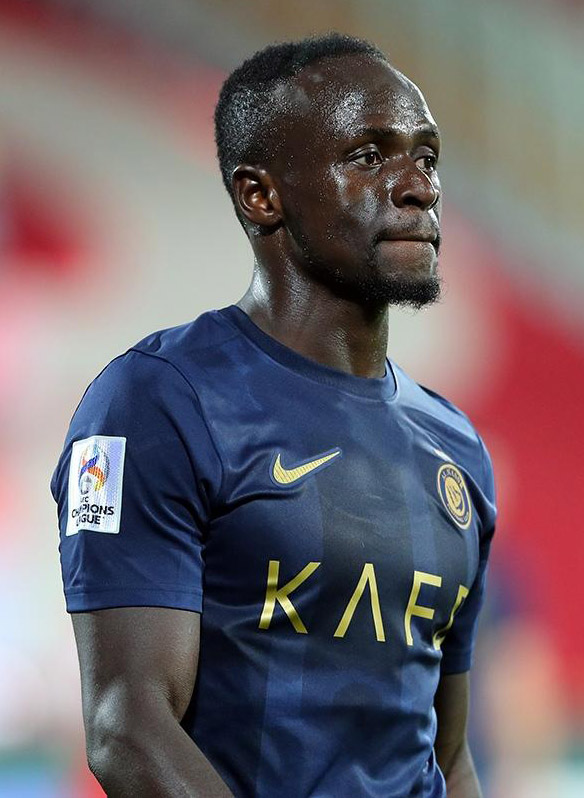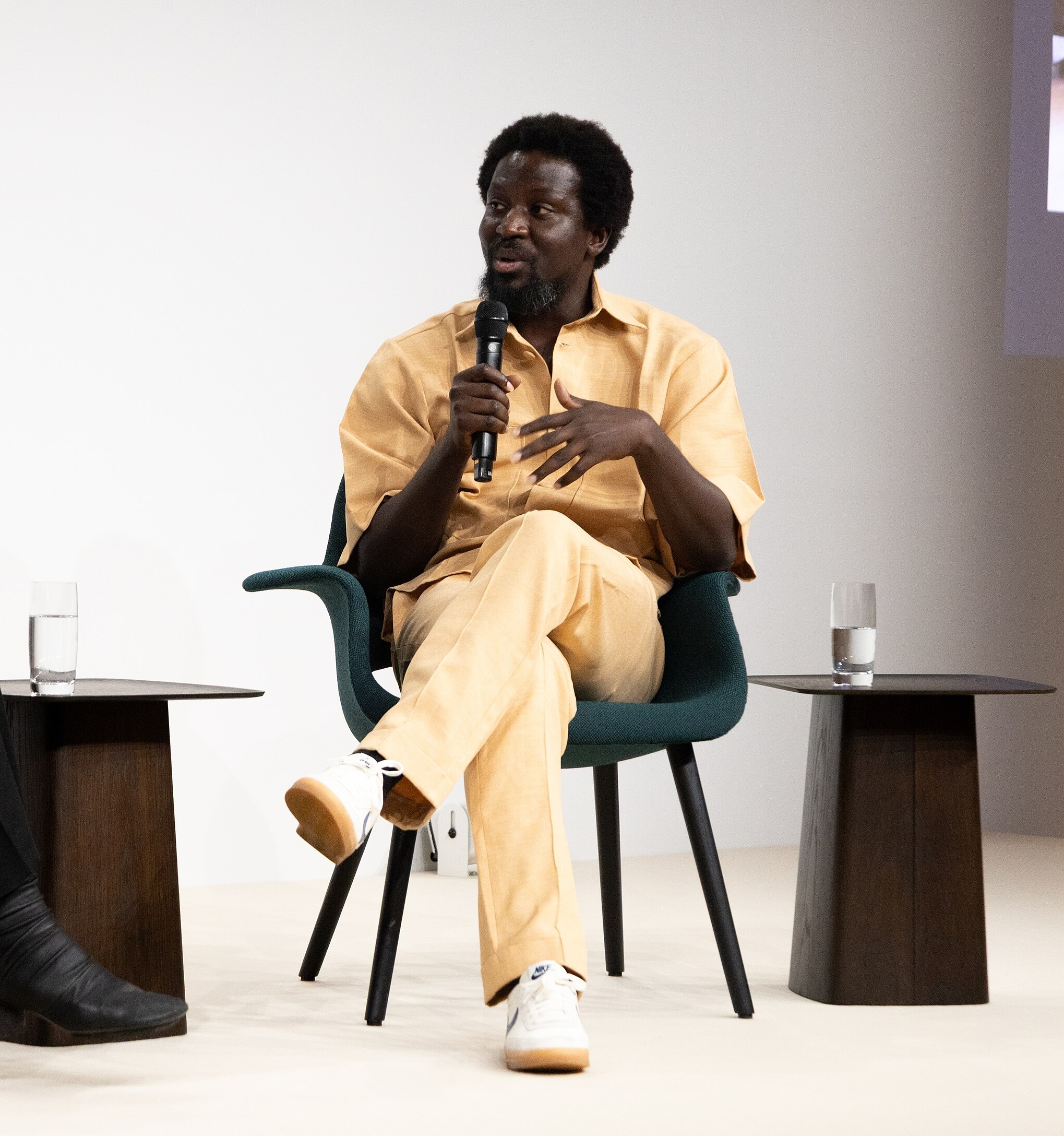Introducing: The Elite Africa Project Database
The Elite Africa Project is pleased to announce the launch of our new online database, which allows users to search for organizations, professional contacts, and bibliographic sources concerning African elites. We are excited for you to get into the database and explore resources we have curated for you! We hope that our work will prove helpful for scholars, policymakers, and curious learners from all backgrounds and disciplines. Watch our introductory video for more information on how to navigate the database and its various use cases.
Our Project
In an African context, the word “elite” often has negative implications, conjuring up images of corrupt aristocrats at the helm of national politics. On the other hand, more recent “Africa rising” narratives may depict elites in a superficial way, more concerned with their high fashion aesthetics than their impact. When the dominant image of Africa is as an object for others to be concerned with, either as a prize to be won or a risk to be managed, speaking of “African elites” can seem like an oxymoron. At the Elite Africa Project, we try to look at elites in full, asking what ties together these optimistic and pessimistic portrayals of power on the African continent? What does it mean to look at such power in a part of the world so commonly seen as marginal?
Domains of Power
To answer these questions, we see power as belonging to five different domains: political, economic, military, aesthetic, and ritual. Who is considered “elite” varies widely in each context, but what they have in common is power and influence. Elites are those who wield a high level of influence and power in whichever domain they are involved in.
In the political domain, this includes career politicians, especially presidents, but also influential political activists and aspirants. Political elites have power over both the formal and informal institutions of governance and public opinion. The coercive domain includes those who wield the tools of force and coercion, including leaders of national armies, police and intelligence services, and regional defense coalitions. The aesthetic domain describes those whose influence is in the arts, broadly defined: flag-bearers of African music, art, and culture who shape national and global trends in these fields. In the religious domain, we examine those with spiritual influence as well as those who wield the “power of ideas.” This includes leaders in the religious sphere, whether indigenous or global, leaders of new spirituality movements, and even those who shape secular ideologies and craft new forms of knowledge from positions in academia or as public thinkers. Finally, the ritual domain encapsulates those whose power is vested in notions of custom, status, and ritual including so-called “traditional” leaders like chiefs, nobles, kings, and queens.
While the domains are conceptualized distinctly, there is naturally some overlap. For example, the spread of military coups in West and Central Africa has blurred the lines between military and political elites in many countries. Likewise, there are those like George Weah or Bobi Wine who have used their status in sports and music respectively to launch successful political careers. There are opportunities to understand more about how these domains intersect.
Started with the support of the Social Sciences and Humanities Research Council of Canada (SSHRC) and headquartered at the University of Toronto, the Elite Africa Project uses these domains to challenge both academic and public perceptions of African power and agency. We publish blog posts, news roundups, and profiles of the events and personalities powering the African continent.
For more information about our work, we invite you to explore our website or follow us on X (@Elite_africa) and Instagram (eliteafricaproject). Access our online database here.
Image: Architecture in Zeitz Museum of Contemporary Art Africa. 14 February 2021. Photo credit: Christo.goosen, CC BY 4.0.







